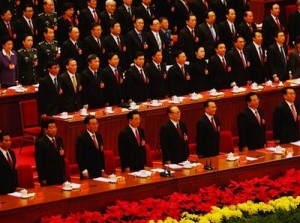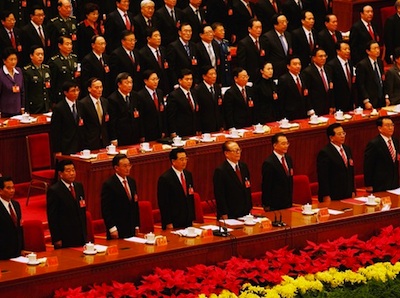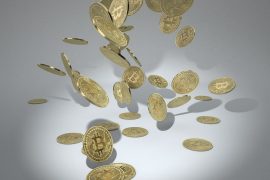 The Chinese government is dedicated to sustaining the country’s 7.5% growth rate, leading economic official Premier Li Keqiang claimed in a recent policy speech in the Chinese parliament.
The Chinese government is dedicated to sustaining the country’s 7.5% growth rate, leading economic official Premier Li Keqiang claimed in a recent policy speech in the Chinese parliament.
Economic plans include the opening of more state-dominated industries to private investors, as well as changes to the Chinese banking system designed to increase its competitiveness and encourage foreign investment.
Beijing plans to make consumer spending a major part of its economic policy. China currently produces a massive amount of consumer products, most of which end up being exported to foreign marketplaces such as the Eurozone and United States.
With a growing middle class, however, many Chinese are increasing their spending and purchasing a larger volume of Chinese-made goods. The Communist Party has focused on increasing domestic consumption over the past two years in order to ease China’s large dependence on foreign export markets.
Li said that China “needs to make sure the market plays a decisive role” in economic progress. He allegorically mentioned that China’s large state-owned companies may face the loss of subsidies and lucrative industry monopolies during the drive to give private competitors more involvement in the economy.
China’s target growth rate in 2014 is 7.5 per cent. Despite falling below last year’s 20-year low of 7.7%, the seemingly modest target is ambitious given China’s recent economic worries. The Chinese government has assured companies that it stands at the ready to make interest rate reductions if required in order to spur on growth.
Citigroup China economists Minggao Shen and Ding Shuang claim that the Chinese government “is not ready” to accept anything less than 7.5% growth. They believe that stimulus measures similar to those used in the United States could be pursued by the government if the quarterly growth rate dips below 7 per cent.
The Chinese government’s new reforms have been called the most ambitious since the late 1970s changes towards a freer marketplace under Deng Xiaoping that gave China its three-decade period of continuous economic development.





